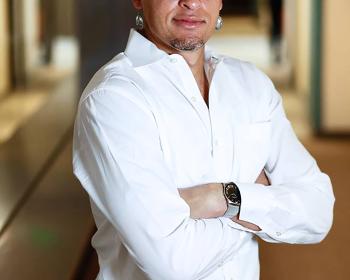
FOR IMMEDIATE RELEASE
MEDIA CONTACT:
Agnes Portalewska
(617) 441-5400 x14
Cultural Survival Announces Project Manager of Community Media Grants Project
We at Cultural Survival support the Standing Rock Sioux Tribe in demanding that the United States government and the United Nations acknowledge and respond to the gross human rights and Treaty violations that have occurred from the construction of the Dakota Access crude oil pipeline near the Standing Rock Reservation in North Dakota. The Standing Rock Sioux Tribe has not given their Free, Prior and Informed Consent to and has outwardly opposed the Dakota Access Pipeline project, which would threaten their main water source, the Missouri River, and disturb sacred burials sites.
Del 8 al 12 de agosto 2016 en el país de Panamá, arranca la segunda edición del Programa de Derechos Humanos, Seguridad Alimentaria y Nutrición. Actividad promovida el Foro Internacional de Mujeres Indígenas (FIMI) y la Organización de las Naciones Unidas para la Alimentación y la Agricultura (FAO).
By Daniel Hernandez, Winaq